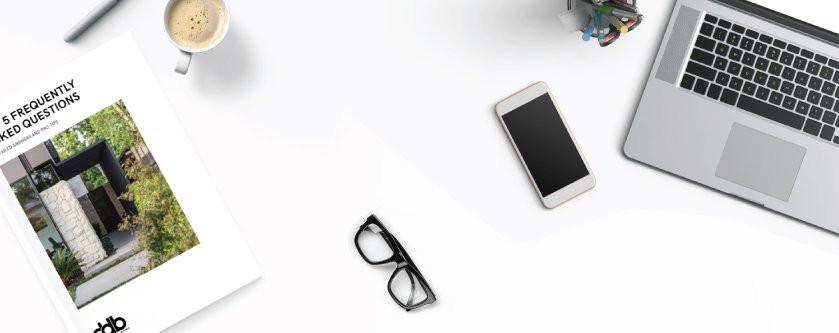
EMAIL #117 - 25TH APRIL 2021 - "MAKING BETTER DECISIONS"
Hi Team,
Last week I explored the premise that we struggle with making good decisions (especially major ones) because we are often driven by our emotions, our egos and tend to be influenced by social status. To try to understand this human condition we need to ask, "what is a good decision"? Steven Covey, the renowned American author and business coach advises that "a good decision is risking little for the opportunity to gain a lot." For example, borrowing money from a bank to buy a residential property. This involves very little risk, a lot of discipline and considerable potential long-term gain.
"I am not a product of my circumstances, I am a product of my decisions." Steven Covey
Fear of the unknown often plays a big part in making significant decisions. In other words, what are you risking if the decision doesn't work out and turns out to be a bad choice? Some examples of major life changing decisions most of us end up making at some stage are,
- Leaving a long-term job.
- Deciding to sell a house.
- Choosing a school for your children.
- Starting a business.
With each of these examples, each person will make a different individual decision, because every big decision involves numerous trade-offs that are very personal and really comes down to what you personally value? Our personal values determine how we measure the options in our lives. So, the hardest part of making big decisions, is knowing what you really care about.
"Life is a matter of choices and every choice you make makes you." Mark Manson
So to make consistently better decisions we must develop the ability to manage our emotions and our expectations.
Here are six suggestions to help with making better decisions.
- Become more self-aware by getting in tune with your emotions. (See No 5 below)
- Write down your thoughts and concerns and share them with others.
- Be prepared to step outside of your comfort zone. If a big decision feels easy, it's probably the wrong decision.
- Know and acknowledge what your strengths and weaknesses are? (Are you easily influenced by others? Are you practically minded? Are you good or bad with numbers? Etc)
- Seek help from others. Actively involve others in your decision making.
- Avoid indecision at all costs. Making no decision is the worst possible outcome and if you allow this to happen you have handed your decision making off to others around you.
Thanks for reading,
Stay safe and trust your emotions.
David
